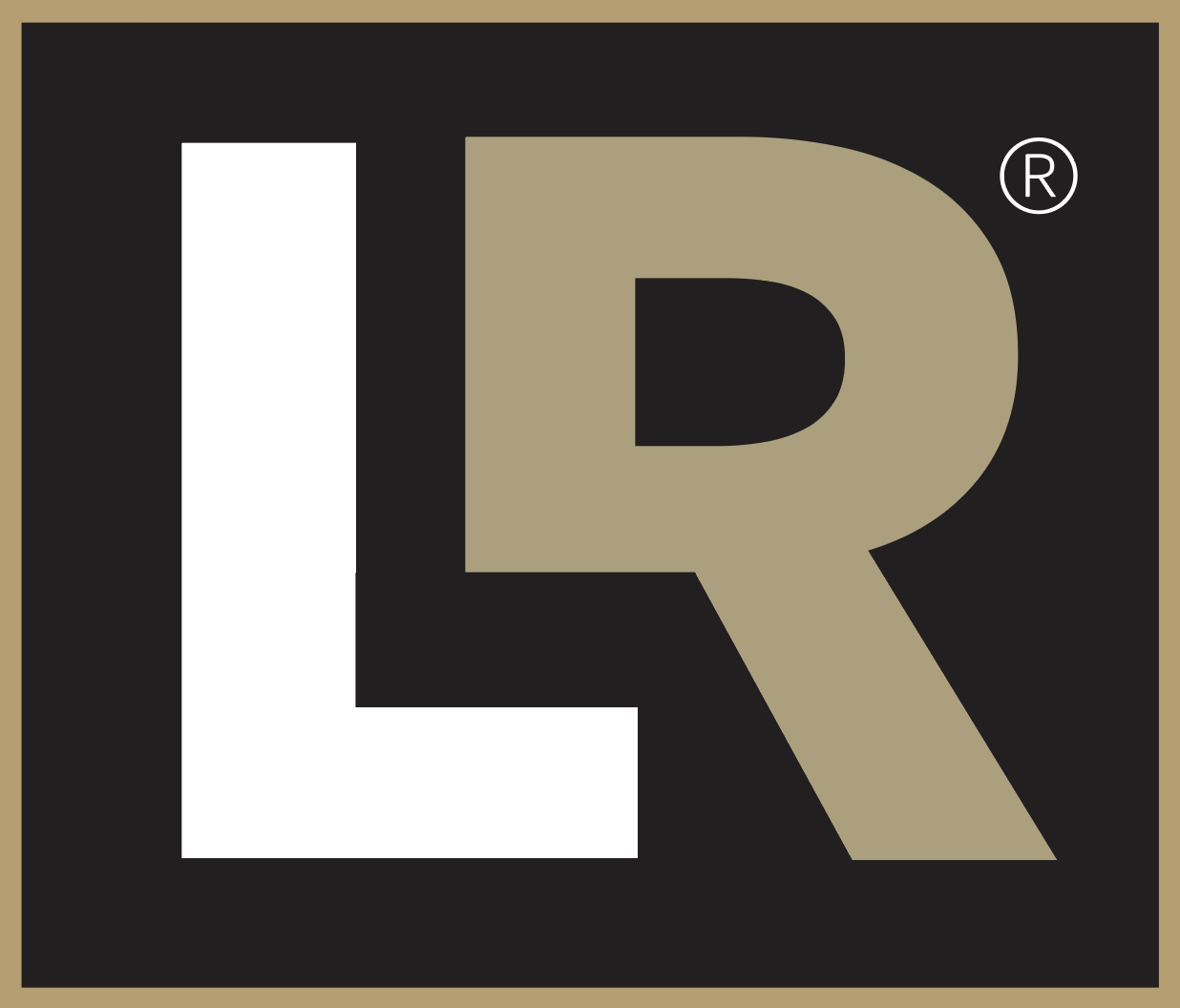Harnessing Generative AI to Enhance Legal Practice While Mitigating Risks

Harnessing Generative AI to Enhance Legal Practice While Mitigating Risks
The market is flooded with generative AI innovations. There's no doubt — this technology will change the way legal teams work. A recent survey found that 77% of respondents see positive potential for generative AI in the legal field. But we must remember we are still searching for GenAI's ideal use case. In the quest for this answer, we will endure many false starts and letdowns. But we can't give up on the technology. The way forward includes thoughtful implementation and continuous evaluation to make generative AI work with your team.Considerations for legal teamsLegal professionals handle large amounts of confidential data, face strict compliance expectations and use nuanced language while effectively mitigating substantial risks. Not everyone is qualified to do this work. And neither is every generative AI algorithm. A legal team's unique needs mean they have specific requirements for an AI solution. When evaluating tools, ask these questions. What data is it trained on?Look under an AI solution's hood before adopting it. Sure, general large language models (LLMs) like Bard and ChatGPT can answer just about any question — but those answers aren’t always accurate. Plus, legal professionals don't need a response based on everything on the internet. They need specific, nuanced language for their particular use case. General training data dilutes the algorithm's results, causing it to miss critical context. Legal teams require an LLM trained only on legal data. When considering a generative AI platform, determine what training data was used. Many new tools hitting the market are just interfaces for a general algorithm. Seek out a solution designed specifically for legal teams using legal documents.What does the AI do with our data?Just recently, Google accidentally leaked private Bard chats into its search results. This type of breach absolutely cannot be allowed to happen with legal data. Legal professionals deal with highly sensitive and confidential data and very strict compliance requirements. Any legal tech solution must be designed with privacy in mind from the beginning.
 Man with smartphone that has G Bard on the sceen with G Bard sign as background; image by Mojahid Mottakin, via Unsplash.com.
Man with smartphone that has G Bard on the sceen with G Bard sign as background; image by Mojahid Mottakin, via Unsplash.com.
How the platform processes and uses your information.
If your data is kept for training.
Who has access to your data.
What are the tool's core features and functionality?
Does it alleviate pain points and fit into existing workflows?
Does it support the team's objectives and goals?
Workflows
Training

About Gary Sangha
Gary Sangha is the founder and CEO of LexCheck, the leading AI-powered contract acceleration and intelligence platform. A renowned thought leader in the legal technology industry, he also serves as a CodeX Fellow at the Stanford Center for Legal Informatics.
